Writing
Ita Kalish
Ita Kalish was a Zionist activist, Jewish Agency employee, Israeli civil servant, journalist, and memoir writer. Born into the Warka Hasidic dynasty, Kalish rejected her upbringing and went on to write nuanced portrayals and female-centered literature about the Hasidic community. Kalish’s memoirs are a rich source on the inner life of the Hasidic courts of Poland at the turn of the twentieth century and center around her own and her friends’ journey to leave what they considered the stifling atmosphere of the Hasidic world.
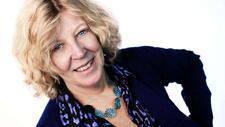
Tamara Kamenszain
Tamara Kamenszain, born in 1947, was a highly regarded Argentine poet. She was also a literary critic especially interested in avant-garde poetry and in questions of gender in literary expression. Women’s experience and Jewish identity are among the themes of her poetry.
Ida Kaminska
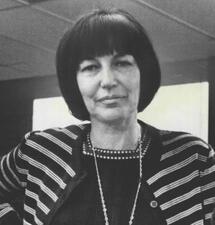
Fay Kanin
Over a sixty-year career as a writer, actor, co-producer, and activist, Fay Kanin was awarded several Emmys and Peabodys, the ACLU Bill of Rights Award, the Crystal Award from Women in Film, the Burning Bush Award from the University of Judaism, and nominations for Oscar and Tony awards. She was the second female president of the Academy of Motion Picture Arts and Sciences.
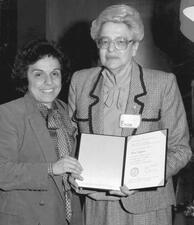
Aline Kaplan
As executive director of Hadassah, Aline Kaplan credited the organization’s success to the commitment of its volunteers, whose numbers grew to a staggering 370,000 during her tenure. In addition to her impact at Hadassah, she was also a board member in several Zionist organizations and a delegate to the World Zionist Congress.
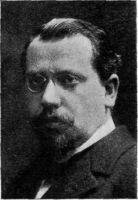
Mordecai Kaplan
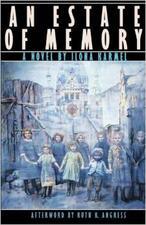
Ilona Karmel
Ilona Karmel transformed details of her experiences as a Polish-Jewish prisoner in Nazi work camps and as a patient undergoing a prolonged convalescence into two compelling and memorable novels. Karmel was a distinguished writer, winning a fiction contest from Mademoiselle and teaching awards from the Massachusetts Institute of Technology.
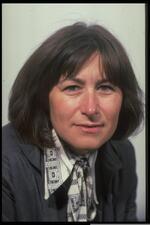
Yehudit Karp
Fay Berger Karpf
Fay Berger Karpf made major contributions to social science with her analysis of the history of social psychology and specifically with her support of the psychoanalyst Otto Rank. She taught for many years and wrote several books about the profound influence Rankian theories had on American psychoanalysis.
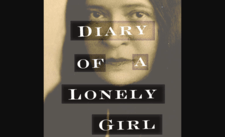
Miriam Karpilove
Miriam Karpilove was a pioneer among women writers of Yiddish fiction. She produced scores of works of short fiction and many novels about the roles of women in immigrant Jewish culture, most of which were serialized in the American Yiddish press during the first half of the twentieth century.
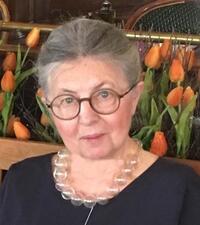
Miriam Katin
Miriam Katin is an award-winning comics artist best known for her Holocaust memoir We Are On Our Own. She was born in Hungary and now lives in New York City with her husband, Geoffrey Katin, a music educator.
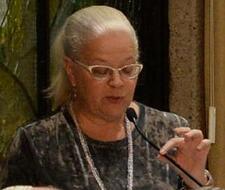
Judith Katzir
Yehudit Katzir (b. 1963) is an Israeli author who emerged as a leading female voice in what had been a male-dominated literary field until the 1980s. Her novels and short stories are noted for their idiosyncratic and lyrical language, as well as their focus on female identity and treatment of taboo themes.
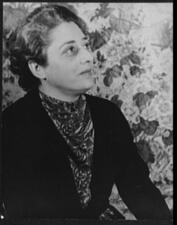
Beatrice Kaufman
Regarded as one of the wittiest women in New York during the 1930s and 1940s, Beatrice Kaufman edited important works of modernist poetry and fiction, published short stories of her own in the New Yorker, and saw several of her plays produced on Broadway. Her life demonstrated that a perceptive, ironic, and acculturated Jewish woman could become a valuable contributor to New York’s literary subculture.
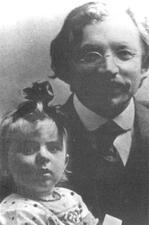
Bel Kaufman
Bel Kaufman was the author of Up the Down Staircase, a novel that gently parodied the public school system in New York City. Published in 1964, the book went on to sell six million copies, spent 64 weeks on the best-seller list, and inspired a film adaptation in 1967 and a popular school play. She was also the granddaughter of Yiddish writer Sholem Aleichem, whose stories formed the musical Fiddler on the Roof.

Joyce Jacobson Kaufman
Lyalya Kaufman
Lyalya Kaufman, the eldest daughter of Sholem Aleichem, is known for her writings in the Forverts, Tsukunft, and other Yiddish literary journals. Her intimate vignettes gained her thousands of loyal readers throughout the years.
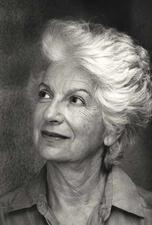
Shirley Kaufman
Shirley Kaufman’s poetry deals with family relationships, personal identity, aging and death, violence, and the meaning of Jewish fate. Moving to Israel later in life, she worked on many translations of Hebrew poetry and was noted for her series of poems about the suffering of women in the Bible, set in modern Israel.
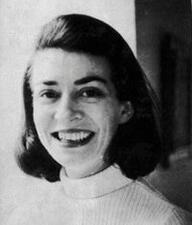
Sue Kaufman
Writer Sue Kaufman is best-known for her novel, Diary of a Mad Housewife (1967), which was made into a movie in 1970 with Carrie Snodgress in the title role. Her numerous books focus on observations of the upwardly mobile urban middle class in which she lived.
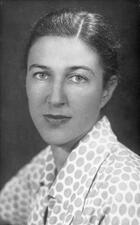
Nancy Florence Keesing
Nancy Keesing was an influential figure on the Australian literary scene, not only as an author, editor, and critic, but also as an advocate and administration. She wrote poetry and ensured the preservation of nineteenth-century Australian songs and rhymes.
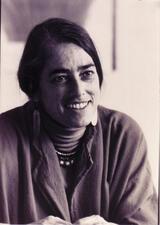
Evelyn Fox Keller
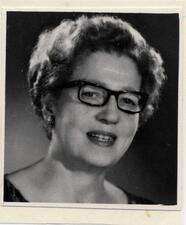
Lena Kenin
Lena Nemerovsky Kenin made major contributions to both gynecology and psychology with her successful medical practice and her groundbreaking work on postpartum depression.
Lillian Ruth Kessler
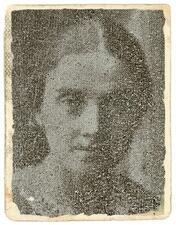
Helene Khatskels
As a member of the General Jewish Workers’ Bund, Helene Khatskels fought to realize socialist ideals about autonomy and liberation. As a Yiddish teacher and writer in Tsarist Russia and later the Soviet Union, she demonstrated a commitment to spreading and inspiring pride in Yiddish culture.
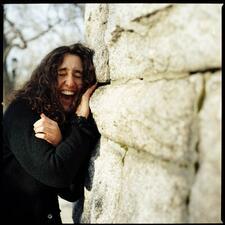
Loolwa Khazzoom
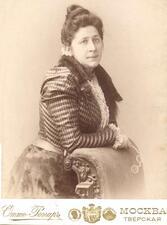
Rashel Mironovna Khin
Rashel Mironovna Khin hosted salons that made her the toast of Imperial Russia, and, with the help of the novelist Ivan Turgenev, became the first Jewish woman to publish major literary works in the Russian language. As an affluent member of the Jewish merchant class, she received a first-class European education and portrayed the anxieties of the Russian-Jewish elite in her fiction.


